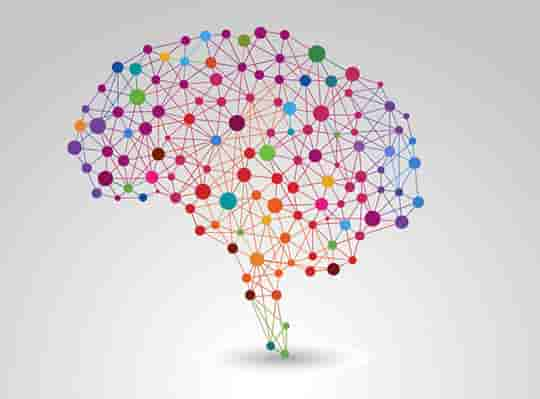Type 2 diabetes doubles the risk of cognitive problems and dementia.
Many studies have shown that type 2 diabetes is linked to brain shrinkage and dementia.
Now a study finds that controlling blood sugar levels is the best way for people with type 2 diabetes to improve their brain function.
People who used diet and exercise to reduce blood sugar were able to think more clearly and to remember and learn more.
Losing weight, though, was not directly linked to better brain function.
This may be because the brain cannot recover from too much weight gain, said Professor Owen Carmichael, the study’s first author:
“It’s important to properly control your blood sugar to avoid the bad brain effects of your diabetes.
Don’t think you can simply let yourself get all the way to the obese range, lose some of the weight, and everything in the brain is fine.
The brain might have already turned a corner that it can’t turn back from.”
The study included almost 1,100 people who were tracked for over a decade.
One group were asked to focus on improving their blood sugar levels through diet and physical activity.
The other group did something similar but were focused on losing weight and maintaining that weight loss.
The results demonstrated the benefits to the brain of exercising and eating healthily.
However, weight loss did not provide a consistent improvement to brain function.
Weight loss was linked to improvements in cognitive skills like attention, memory and planning but verbal learning and overall memory got worse.
Professor Carmichael said:
“Every little improvement in blood sugar control was associated with a little better cognition.
Lowering your blood sugar from the diabetes range to prediabetes helped as much as dropping from prediabetes levels to the healthy range.”
Over 25 percent of US adults over 65 have type 2 diabetes.
It doubles the risk of cognitive problems and dementia.
Avoiding obesity is one key to fighting the disease.
Professor Carmichael said:
“The results were worse for people who had obesity at the beginning of the study.
That’s a ‘too little, too late’ type of message.
People with diabetes who let their obesity go too far, for too long may be past the point of no return, cognition-wise.”
The study was published in The Journal of Clinical Endocrinology & Metabolism (Carmichael et al., 2020).

